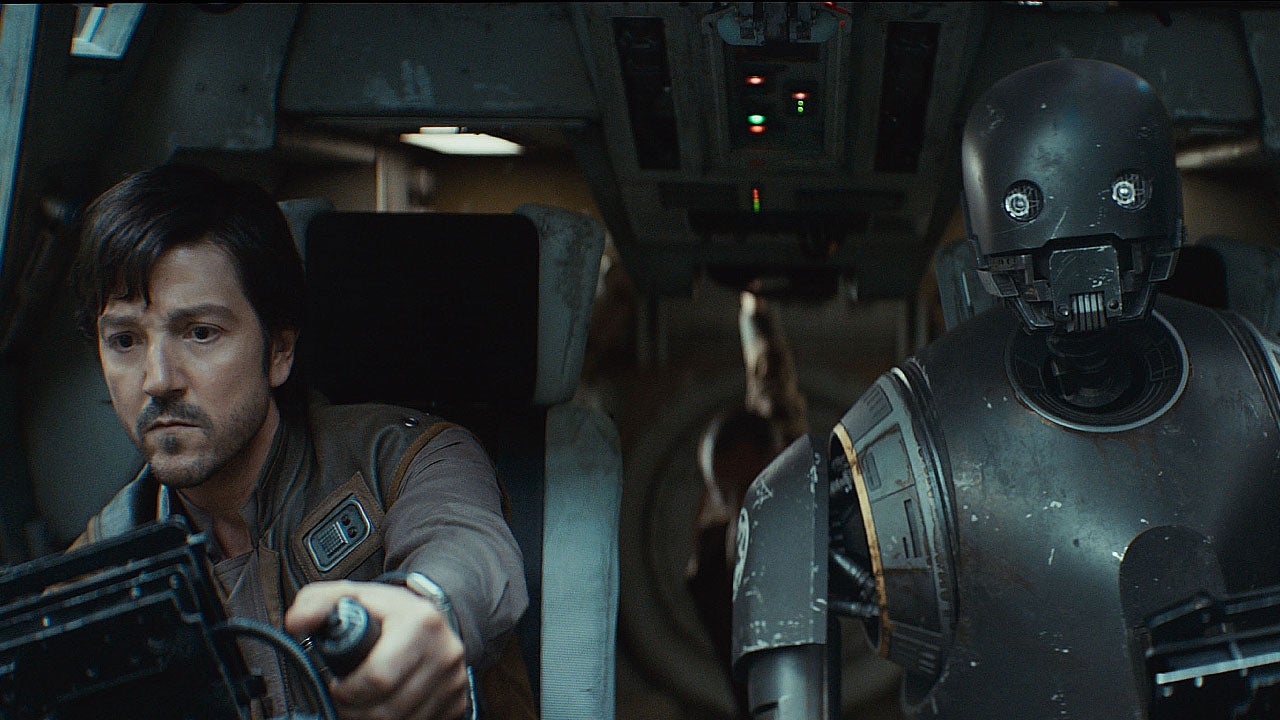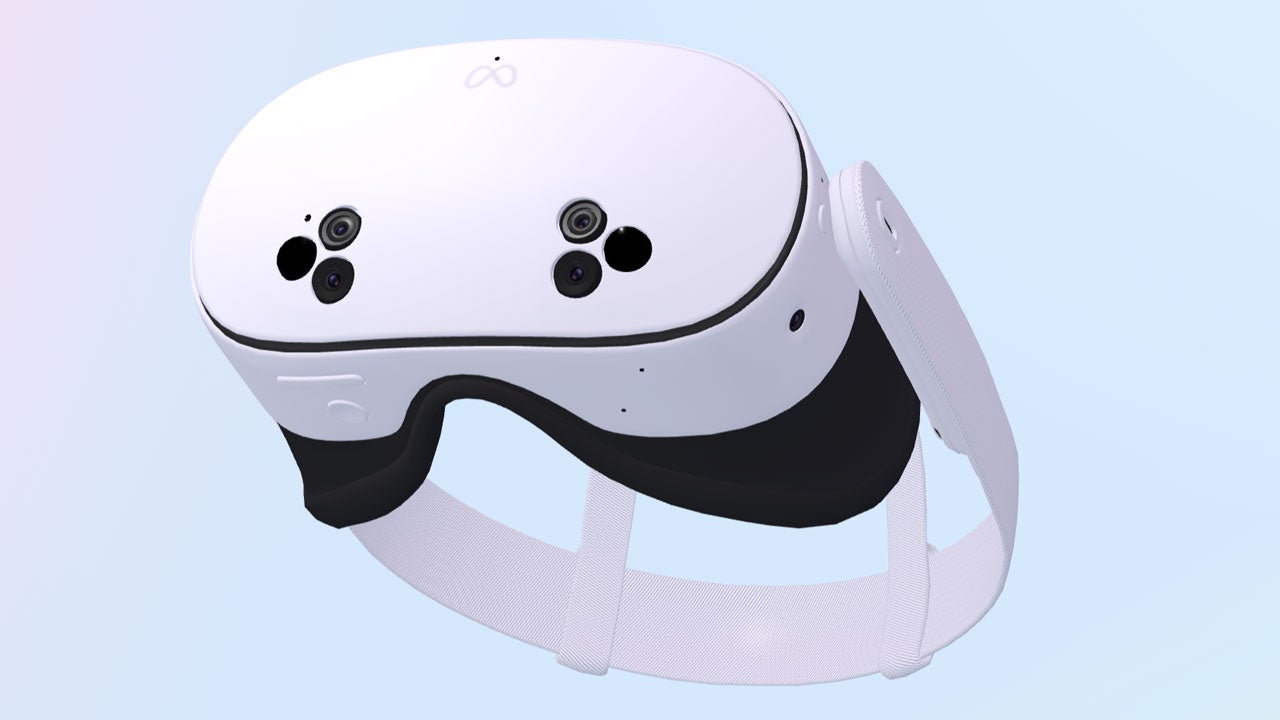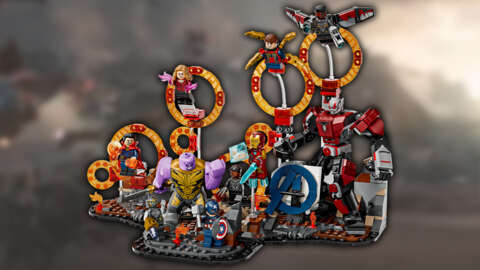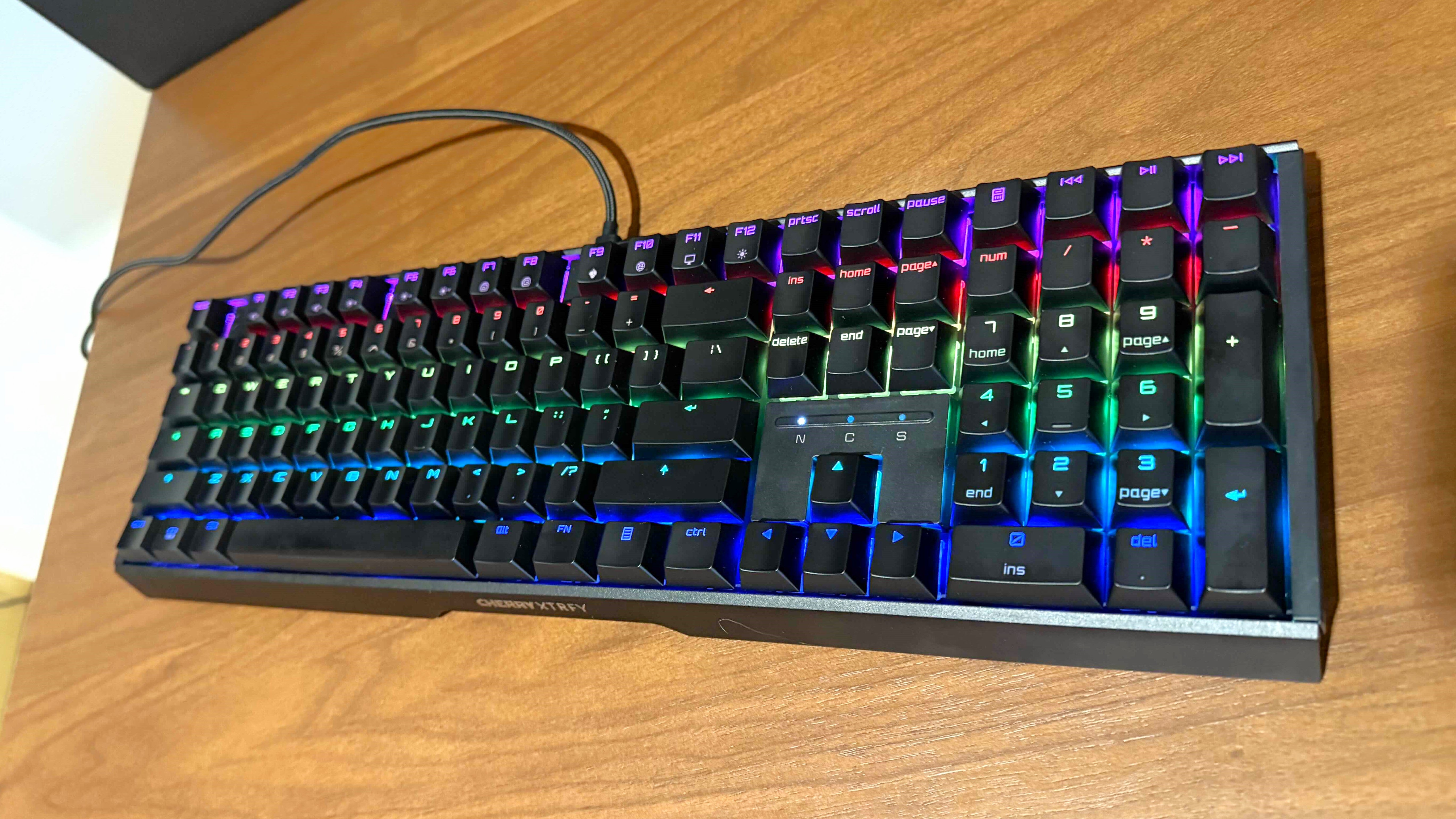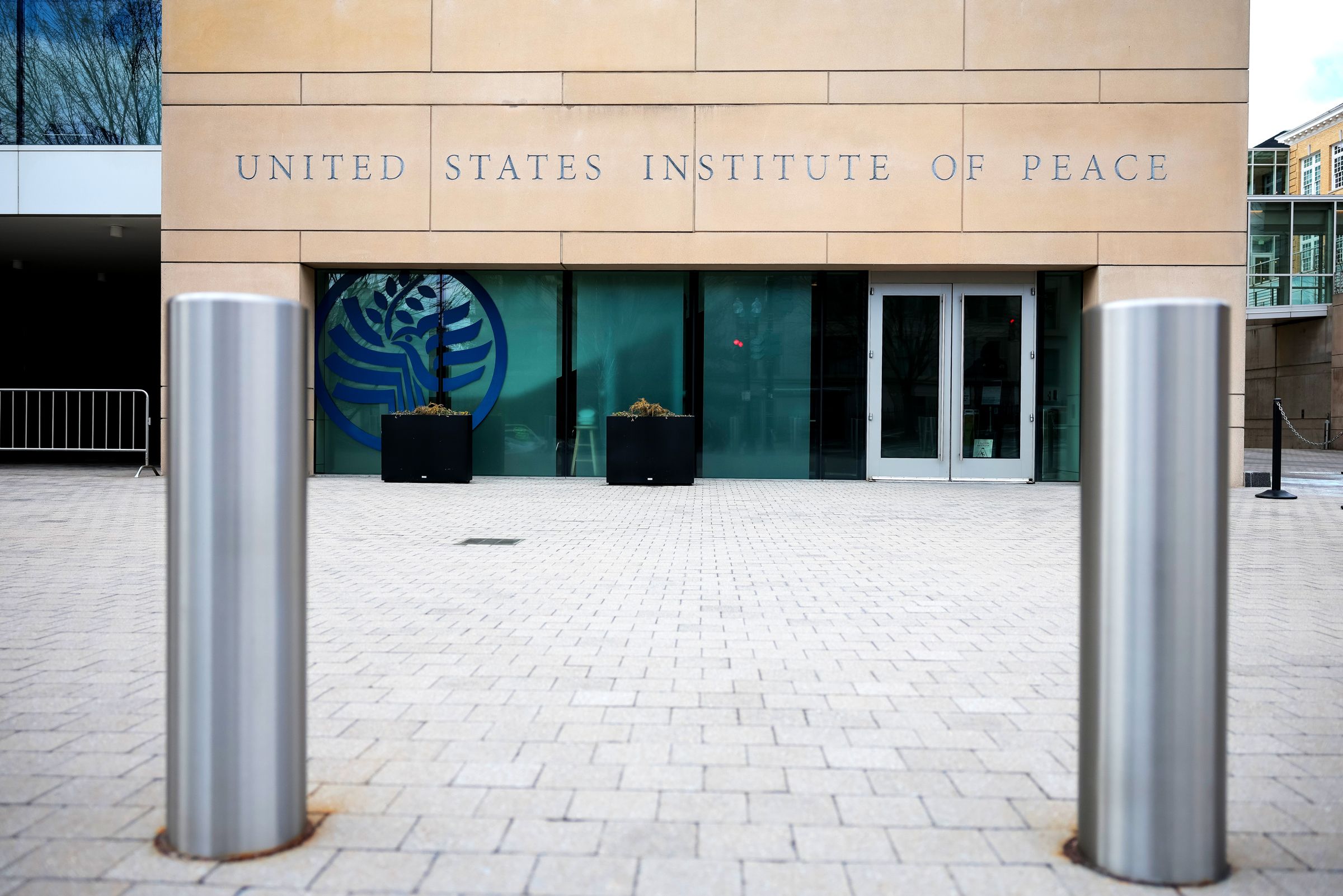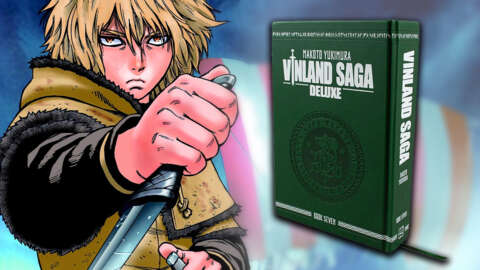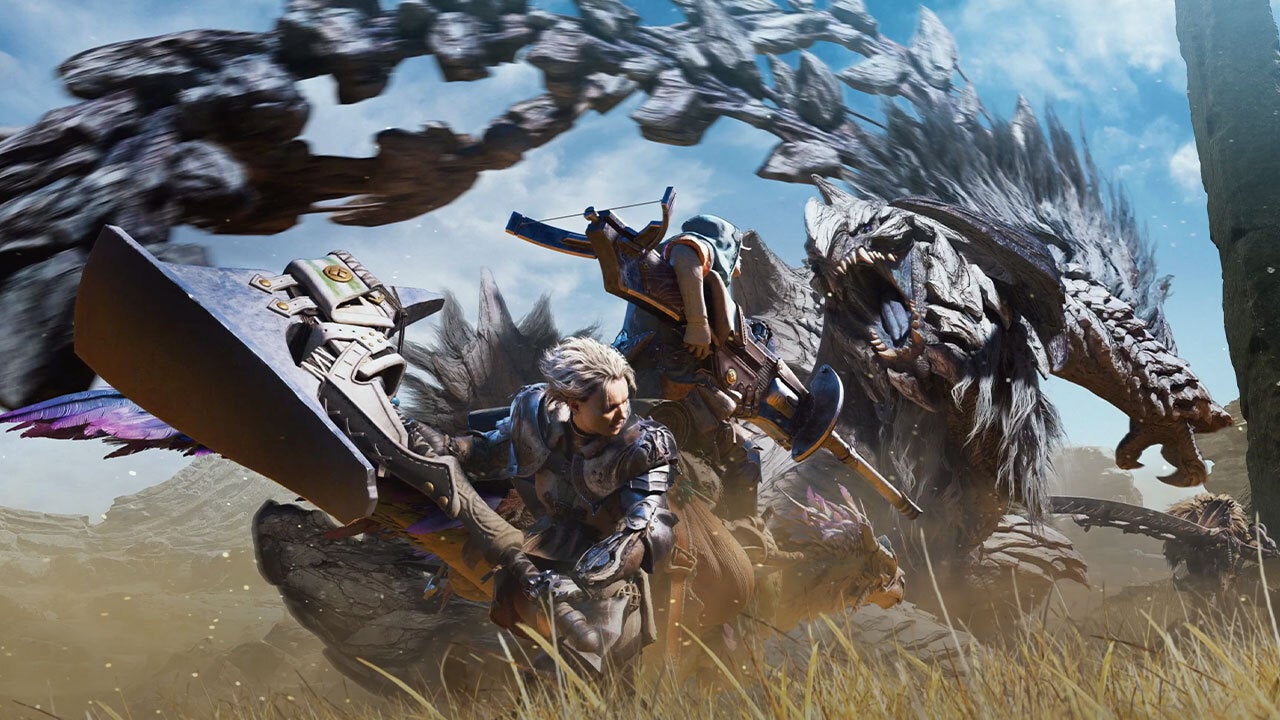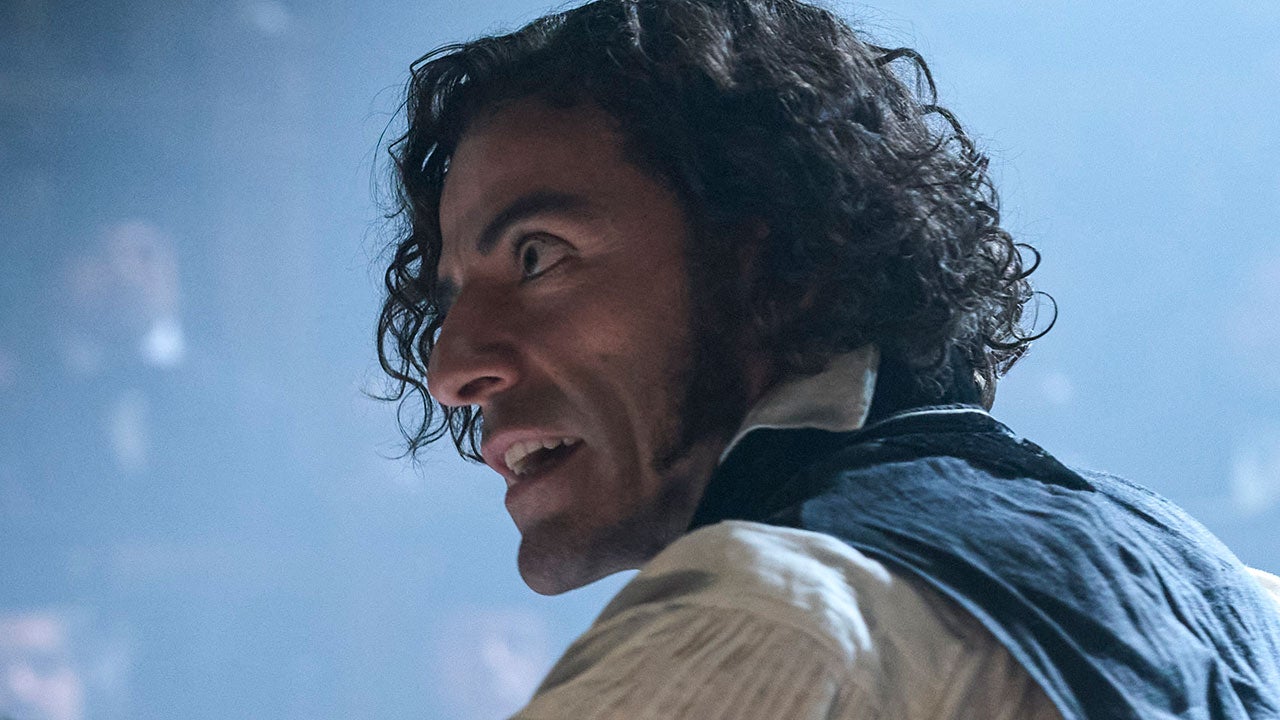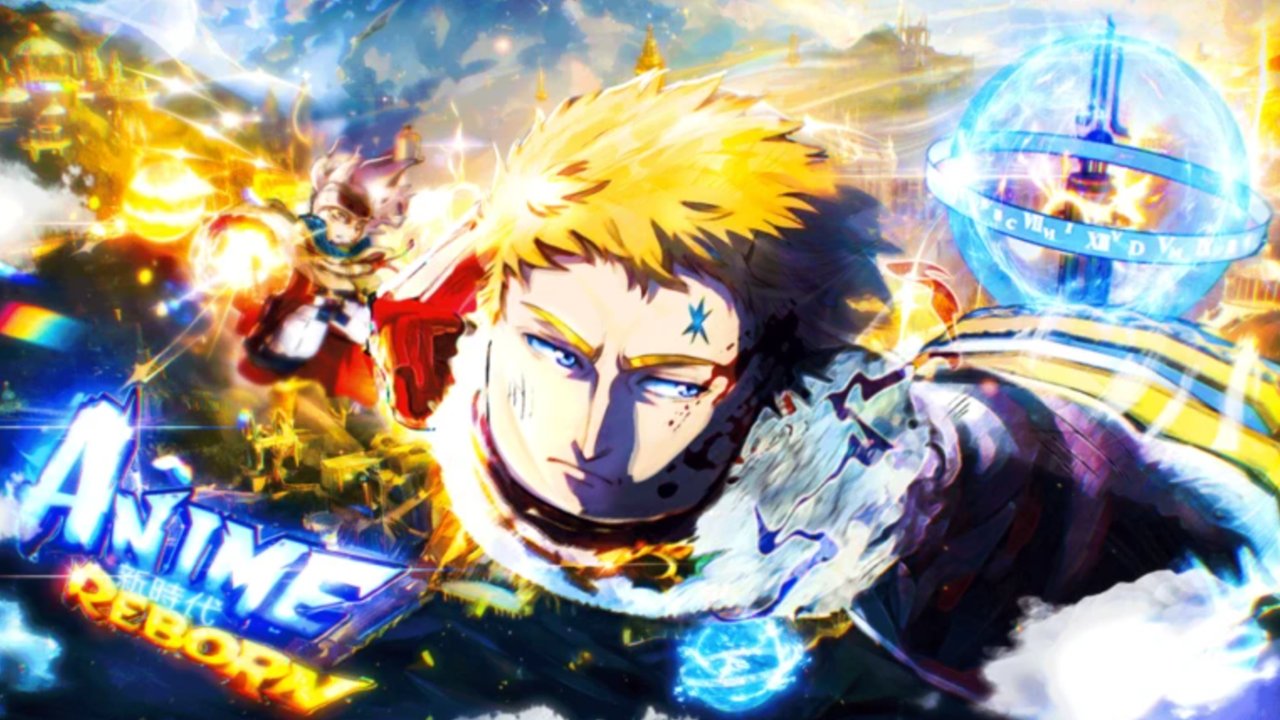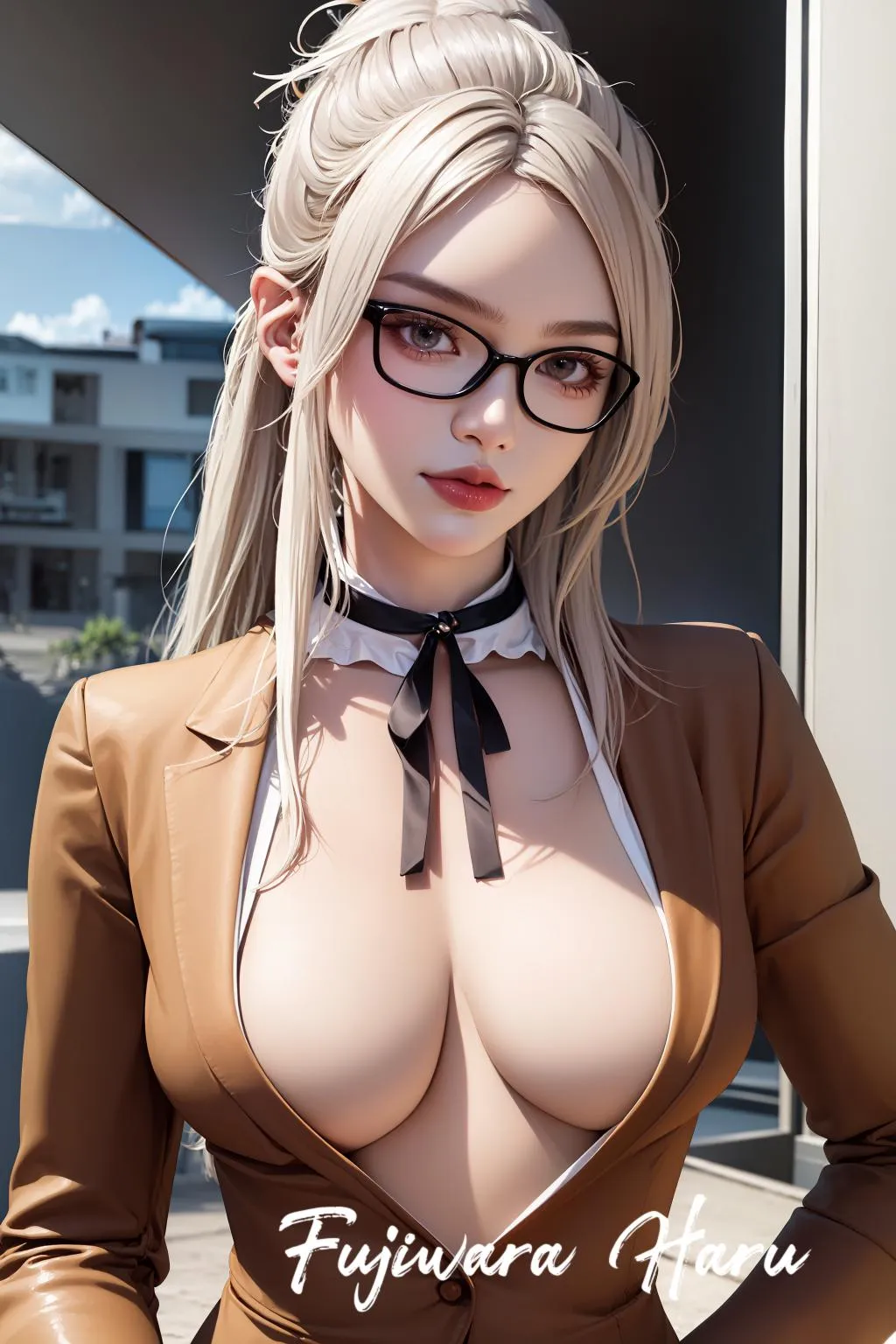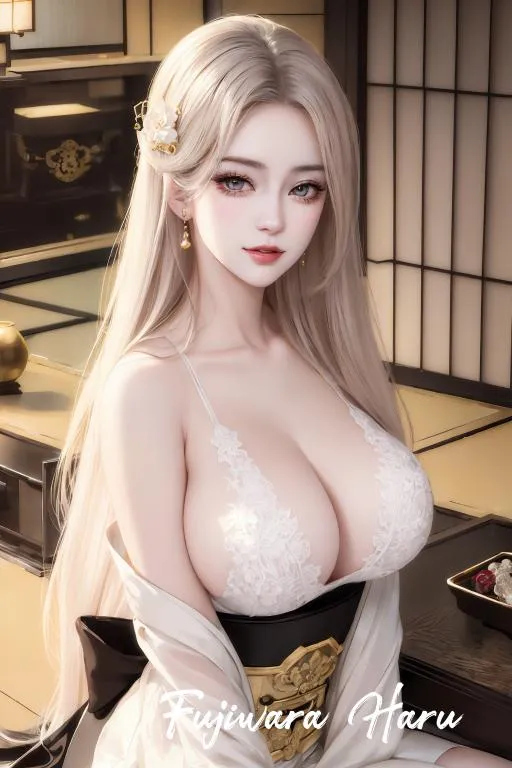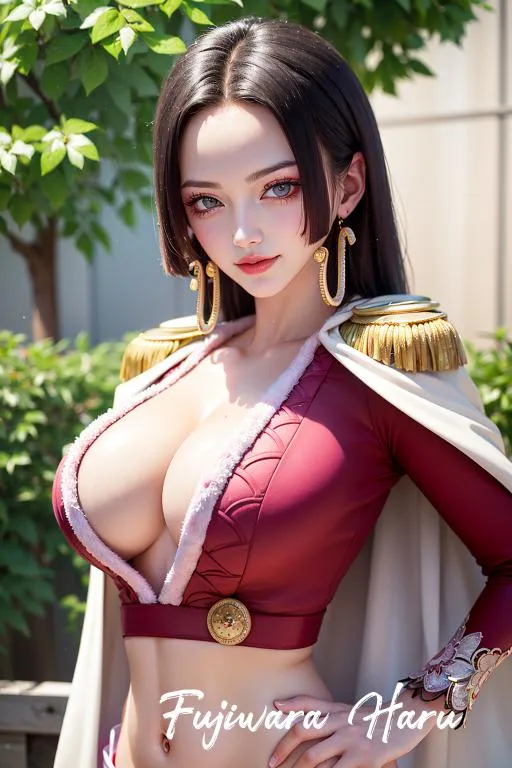
Andor’s series finale is all about tying up loose ends. After an incredible crescendo on Ghorman in chapter 3, Tony Gilroy and company set out to get Andor’s affairs in order, with a last batch of episodes that feeds directly into Rogue One and only really leaves a single character behind.
There are TV shows that don’t know they’re getting cancelled when they end their runs, and then there are those that get to decide how they go out. And then there’s Andor, a show that knew its end point even before they decided to make it. I’ve talked in my reviews of this season about the absolute brilliance of telling a story that thematically aligns with that situation, that highlights the fact that these characters are on a course that was set for them nearly a decade ago. It should come as no surprise that the loose ends that Andor’s final chapter ties off are as integral to the onscreen story as they are baked into the proposition of doing a prequel in the first place – especially a prequel that feeds so directly into the established big screen lore of the franchise.
But that’s bigger picture stuff, and I’d rather start small when talking about chapter 4. There’s a conversation very early in episode 10 between Luthen and his double agent at the ISB, Lonni Jung, that is shot so pristinely that it kind of drives me nuts. This scene on the page is, I would argue, pretty straightforward spycraft stuff. It lives more in ’70s thriller territory with 3 Days of the Condor than it does with Star Wars. It’s just two guys talking on a bench next to a pond. That’s as stock as it gets. What sets this scene apart though is its visual language. The camera blocking that clearly asks and answers the question, “How do we make this interesting on screen?”
I’m going to slip into film-technique nerd mode for a second and just talk about the composition of the first wide shot. It’s a wide open space, underneath a set of bridges, not another soul to be seen. But the lines formed by the bricks on the ground draw your eyes up to the two men, who are dressed in dark wardrobe that stands out against the white concrete of their surroundings. The bridges overheard are looping, circuitous paths leading to different destinations off in the future somewhere while the skyline of Coruscant – where life proceeds completely unaware of Luthen and Lonni’s meeting – looms in the distance. It’s a beautiful shot and even if all of that meaning wasn’t intended, it’s meaning that can certainly be applied to it because of how gorgeous the composition is.
But then as they begin to talk the camera plays a role as well. Lonni wants assurances that he and his family will be safe, while Luthen wants to know what Lonni knows before he assures Lonni of anything. Episode director Alonso Ruizpalacios stages this part of the conversation with what are known as “French Overs,” or close-ups of the characters from behind their backs. This gives a slightly closed view of the actors’ faces and leaves the impression that they’re holding something back. As Lonni becomes more desperate, putting his cards on the table, the camera switches back to the front side of the actors and their intentions become clearer to us. Luthen even leans in like a predator waiting to pounce towards the end of the scene. And this is where camera blocking really becomes invaluable. The pair of them have not moved an inch from their spots on this park bench, but the camera has been actively telling us how to feel about it the whole time. It’s just a quiet scene on the park bench on the page, but on screen, it’s a thrilling game of chess.
This is not meant to be camera blocking 101, though. I’m only getting into gory detail on the technique of a scene to share just how impressive Andor is on a number of levels. The story the writers are telling on the page is interesting and dynamic and more grounded than sci-fi typically tries to be, but Andor is telling the same kind of story visually as well. The way every craftsman and trade on set is pulling in the same direction, the fact that a quiet scene on a park bench is worth breaking down with 300 words worth of film-school stuff, speaks volumes about the high quality of the show.
Meanwhile, the most important thing about Lonni Jung is that to me he is most representative of what this show has been doing right all along. I’ve mentioned it before, but the unsung heroes of the Star Wars universe – the untold stories at the roots of the Rebellion – they’re the whole point of Andor. Without Lonni Jung, Luke Skywalker does not blow up the Death Star. Full stop. Maybe they find another way, and “the chosen one” or whatever ends up bullseyeing a womprat anyway, but here’s this guy, a double agent middle manager in the Empire’s intelligence machine – a side character in this very show – alerting the Rebellion to the Death Star’s very existence, only to be tossed away for somebody’s dog to find dead on a park bench. It’s a reminder that many Lonnis died to bring us this information.
That is an incredible thing for Star Wars to do in this, the year 2025, or ABY 48 if you like. This is how you do a prequel. Not by adding a whole other canvas, but by filling in the details in the background.
But if you were worried about Luthen not getting all his details filled in, chapter 4 has you covered. As the series’ most enigmatic character, there’s something very romantic about him popping up out of nowhere to play a pivotal role in the Rebellion only to disappear as quickly. So, when we get a ton of his backstory via flashback, I honestly didn’t know how to feel about it.
On one hand, he becomes his own loose end to deal with as Dedra finally finds him – which, as a quick aside, is an incredible scene. Luthen is getting the only conclusion that ever made sense for him. It’s the one he knew was not only possible, but likely inevitable, and to have him cling to life for an origin-story-revealing amount of time makes sense. It also doubles as Kleya’s backstory as well, as she remembers her partner in crime in the empty safehouse. On the other hand, I don’t really like flashbacks.
As effusive as I’ve been about a double prequel as an entire series, I’ll admit it seems a little hypocritical to balk at a flashback, but more often than not, I don’t like how flashbacks are used. There’s a tendency for them to feel like they’re coming from the writer for our benefit as an audience. It’s easy for them to feel inorganic on screen, like the show is saying “I bet you want to know where Luthen and Kleya came from, so here you go!”
So unfairly or not, the first bits of the pair’s origins had me rolling my eyes a little. But at some point it becomes clear that the development of Luthen and Kleya’s relationship over the years is a surprisingly important thread in the history of the Rebellion and a bit of a microcosm of the whole point of Andor. Their story sneaks in right at the finish line and does all the things that the entire show has done so well.
Firstly, it gives personal and small, emotional stakes to the action on screen. Kleya has for the entire run of the show been a cold and callous, “This is what you signed up for, stop complaining” presence in the show. She's had to keep everybody in check. Her line to Vel in season 1 about needy faces at the door is great. She’s even had to slap Luthen’s hand a bit when he starts to waiver – we saw a lot of that in chapter 2 of this season. Giving her this deep connection to Luthen creates a completely new kind of presence for her. It’s a whole other emotional investment in the job that she is now stuck with, which is of course, to finish killing her father before he can be resuscitated and interrogated.
Kleya also becomes maybe the most important character in the entire Rebellion. If she weren’t around to cross paths with Luthen, if she hadn’t been there to inspire him to do something about the horrors he was witnessing, maybe there is no Rebellion at all, but certainly it starts somewhere else. Like Lonnie Jung, all of a sudden here’s this person who’s a side character in this show but proves to be a central figure in the fight against the Empire.
Meanwhile, that idea of fate that’s been tossed around so thoroughly in this series is present in the flashback as well. During the scene where Luthen and Kleya set off a bomb among a group of troops on a bridge they talk about making choices but does she get to? Luthen is kind of making the choice for her. It’s a scene with multiple reads, I think, on one hand there’s Luthen taking the choice out of Kleya’s hands, on the other there’s Kleya making the choice to do it, but Luthen ultimately sparing her the act of actually doing it. So is he a ruthless and cold father figure here, or is he protecting Kleya in a moment where she’s still very young? Either way, they’re both party to killing people, and there is nothing black-and-white about what’s happening in this scene. It’s one of the best in the final chapter and most emblematic of what the entire series is about and it’s all the more impressive that it does so in a flashback – which, again, is one of my least favorite filmmaking devices of all.
A lot of the back half of this final chapter is about setting up Rogue One more than anything else, however. This is the one pitfall of the prequel series Andor wasn’t able to entirely avoid. Because the other thing is that I've gotten through over 1,800 words of this review without mentioning the show's title character. To be fair, I am fine with that, because, as I've said with characters like Luthen, Lonnie, and Kleya, this is a series dedicated to the side characters. Dedra gets a wonderfully tragic, fitting end, and so does Partagaz. But Cassian’s relative unimportance to the finale is also a point worth scrutinizing.
The heavy lifting for Cassian in these final episodes comes when he, Melshi, and K-2SO get an inaugural onscreen mission to go and rescue Kleya from Coruscant – but it’s all very familiar, because we’ve seen that kind of thing from these guys before. There’s a slow motion, walk-and-nod shot at the tail end of the season that feels obligatory more than satisfying. In a way, though his absence makes sense because the final season of Andor is actually Rogue One. That’s the end of his story so as far as Andor the series is concerned. Andor the Rebel is not a loose end yet.
